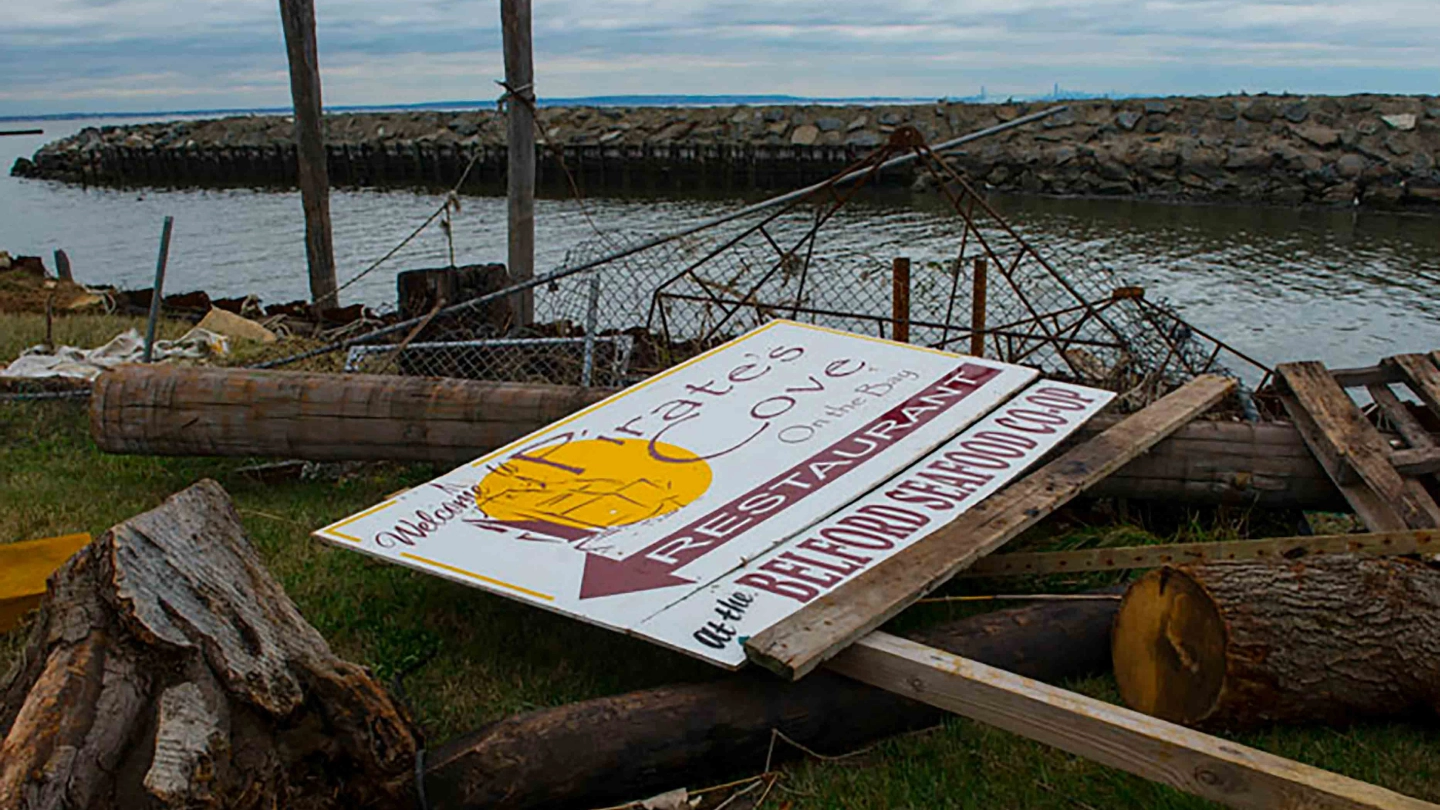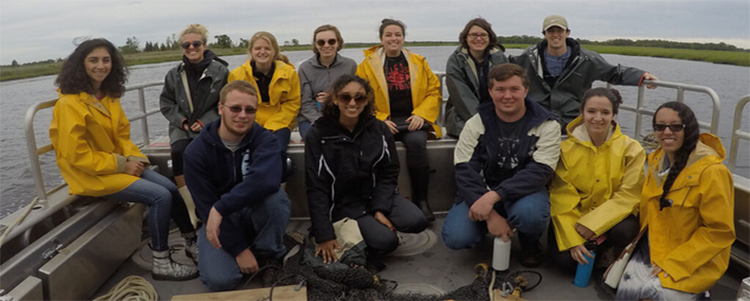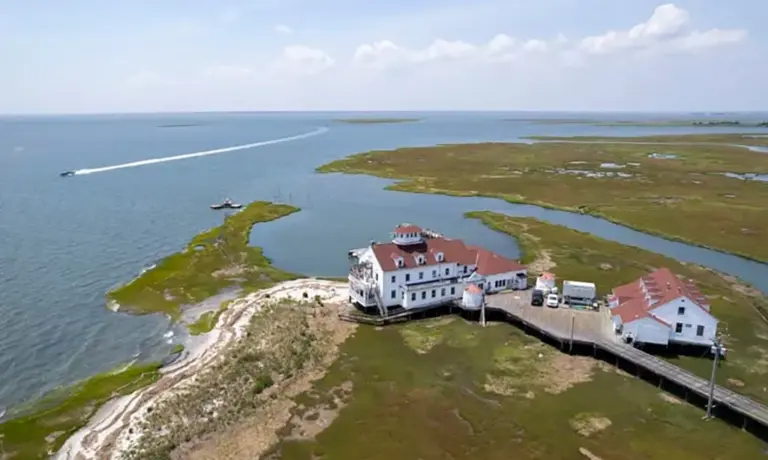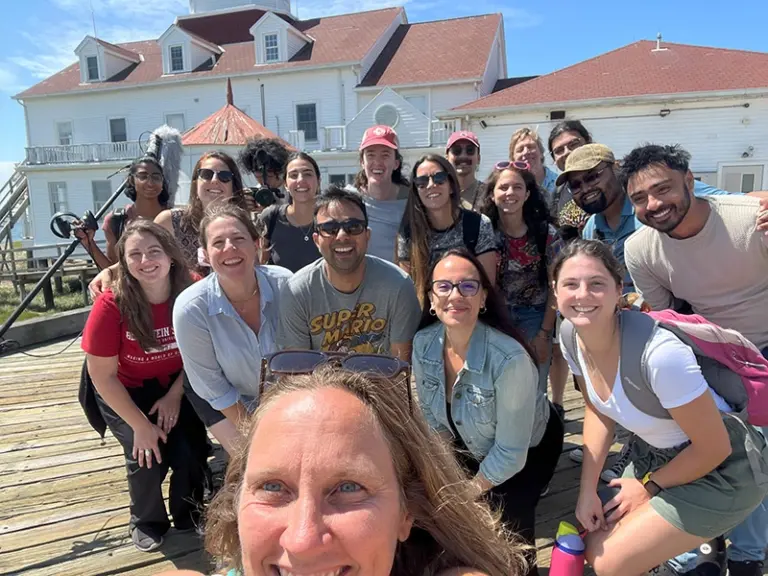New Jersey’s coastal fishers vulnerable to some of global warming’s harshest effects
For hundreds of years, business owners engaged in New Jersey’s commercial fisheries industry have weathered adversity, from coastal storms to species shifts. Recognizing this resilience, and acknowledging the challenges posed by global climate change, Rutgers scientists have come to their assistance.
One of the results of recent efforts is a guide that researchers have developed for marine businesses, A Resilience Checklist for New Jersey’s Commercial Fishing Industry.
Lisa Auermuller, director of the Megalopolitan Coastal Transformation Hub, which is funded by the National Science Foundation and based in the Department of Marine and Coastal Sciences in the Rutgers School of Environmental and Biological Sciences (SEBS), worked with a number of Rutgers scientists on the effort, including Douglas Zemeckis, a marine extension agent, and Eleanor Bochenek, the retired director of the Fisheries Cooperative Center, and Richard Lathrop, director of the Rutgers Center for Remote Sensing and Spatial Analysis.
Auermuller explained the overall endeavor.
What aspects of climate change have most affected New Jersey shore’s commercial fisheries? Are there economic repercussions?
In New Jersey, coastal fishing communities from small villages to large ports are seeing increased regular flooding, coastal storms, sea level rise and shifts in the populations of their catches. These working waterfronts are on the front lines of these impacts, experiencing damage to infrastructure and disruption to the transportation of the catch.
In addition, as ocean waters warm, the range of many marine species is shifting. For example, over the past 50 years, the fall range of the summer flounder, a commercially lucrative variety, has shifted 72 miles north, shrunk in size overall by 99 total miles and descended about 22 feet. Changes in fish populations require commercial fishers to adapt in how they make a living.
This affects all of us. The New Jersey commercial fishing industry brings in an estimated $4.5 billion annually from fisheries, aquaculture and recreational fishing. If the industry is adversely impacted, so is the state’s economy.
Full article at Rutgers News




